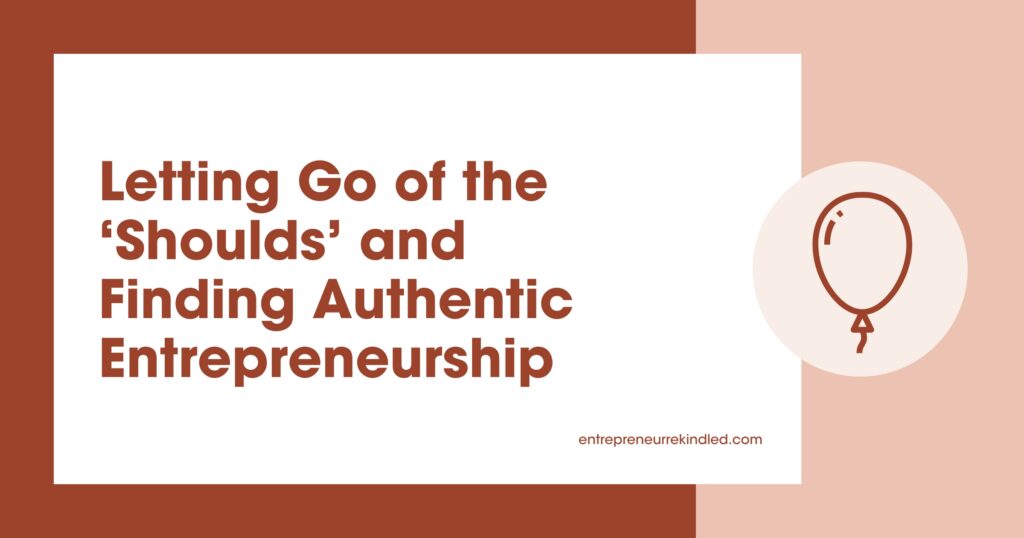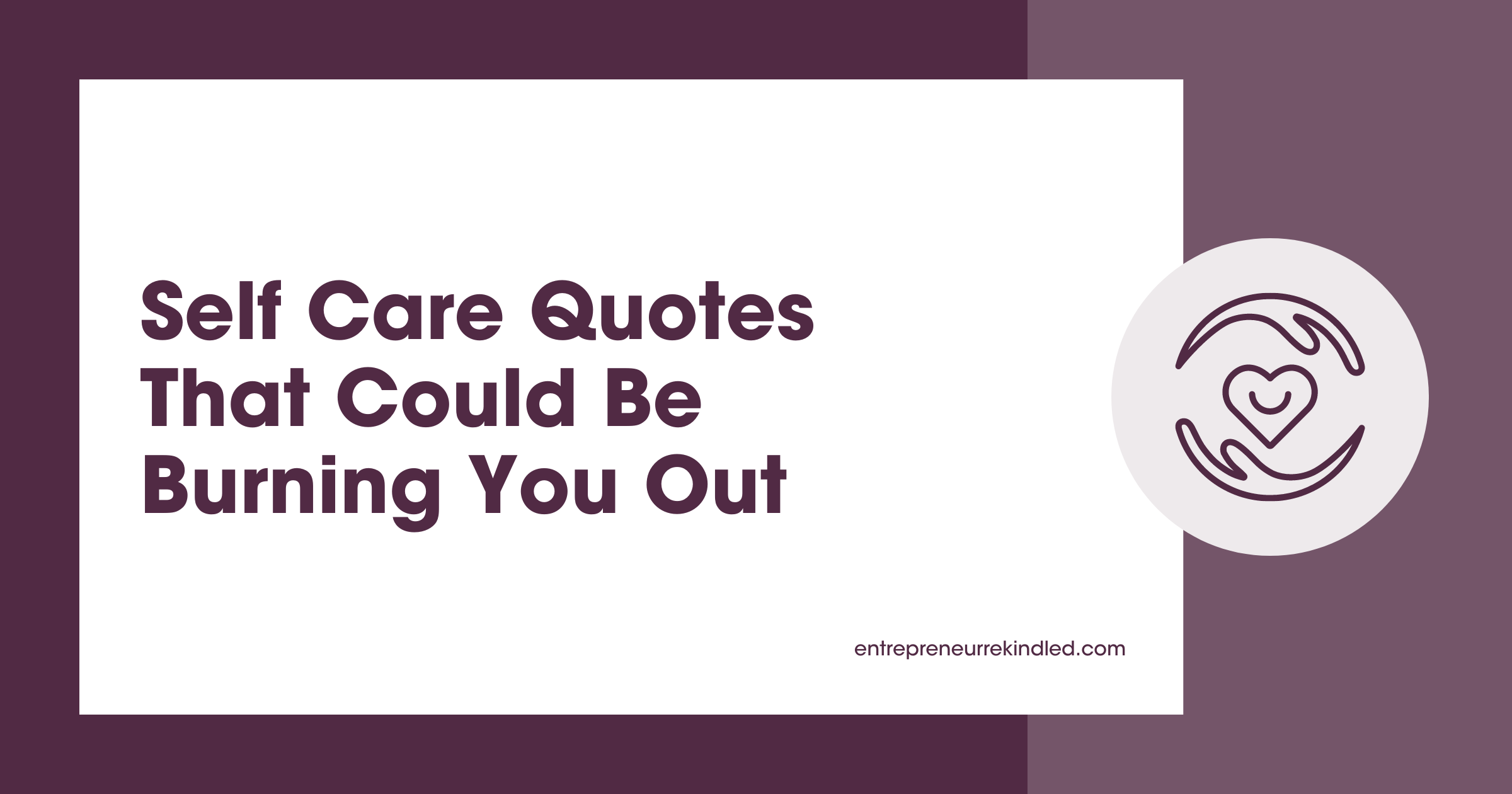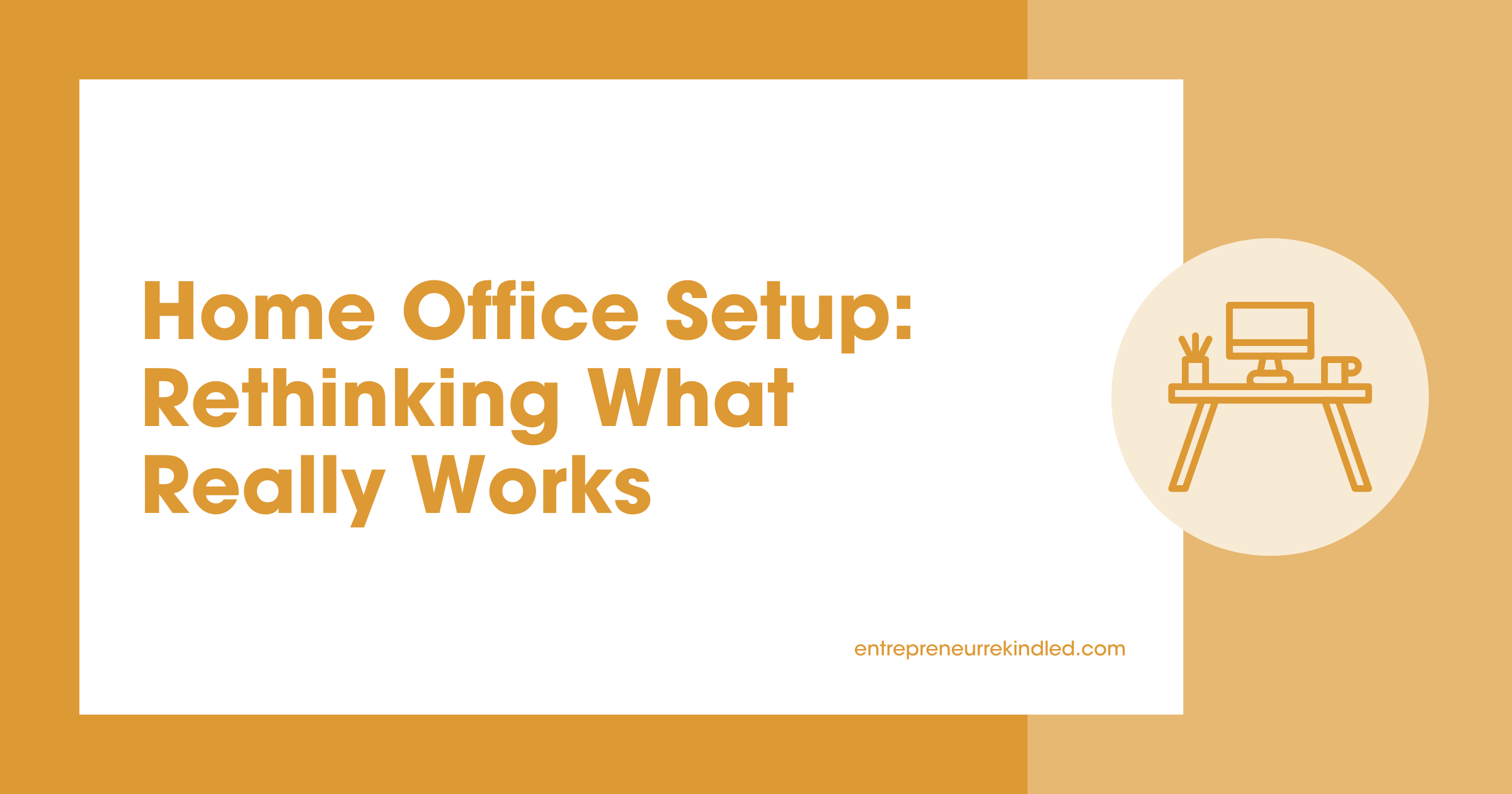I’ll never forget the day I realized I was drowning in “shoulds.” It happened when I glanced at my planner and saw lines like, “I should redesign my website,” “I should attend that marketing summit,” “I should post daily on social media.” It was one day’s worth of to-dos, but it felt like a mountain of obligations—an endless list of items that I wasn’t even sure I cared about. Somewhere along the line, I’d let the word “should” rule my entire business life.
If you’re anything like me—a person who started a business with a spark of passion, only to watch it get buried under expectations—you know the weight of the “shoulds.” They sneak in from social media, business books, mastermind groups, or random articles. Before you realize it, they pile onto your shoulders, each one whispering, “If you don’t do this, you’re a failure.” Eventually, you lose sight of which ones even came from your own heart and which ones were never yours to begin with.
In this post, I want to share how I learned to recognize and release those “shoulds,” and how that opened the door to a more authentic form of entrepreneurship—one that doesn’t require me to be constantly exhausted or anxious about meeting someone else’s standard of success.
The Moment the Spark Began to Fizzle
My introduction to entrepreneurship was anything but dull. I opened a small clothing store right before 9/11—talk about a rough start. Yet, despite the challenges, that early experience was exhilarating. Every day felt like an adventure, fueled by genuine curiosity and passion. There was no formula I was following, no guru telling me what my metrics “should” be. I was simply learning as I went, talking to customers, figuring out what worked and what didn’t.
Over the years, I found myself dabbling in different fields—e-discovery, intellectual property, eventually digital marketing. Part of me loved the variety, the opportunity to learn new things and meet interesting people. But somewhere along that journey, I noticed a subtle shift. At first, I made business decisions based on what lit me up. Then I started making decisions based on what other people said I “should” do to be considered successful.
- “You should post on social media five times a day.”
- “You should aim to scale to seven figures in under two years.”
- “You should always hustle—sleep is for the weak.”
At first, it was just background noise. But after hearing the same messages repeated in countless newsletters, seminars, and social media posts, I started internalizing them. In my head, the word “should” transformed into “must,” and my carefree approach got replaced by an unrelenting need to keep up.
The Unseen Burden of ‘Shoulds’
Burnout doesn’t always come from some massive catastrophe. Often, it’s the slow accumulation of stress. And nothing adds stress quite like a hundred unexamined “shoulds.”
A Telltale Sign: Constant Anxiety
One of the first signs that the “shoulds” were taking over my life was the knot of anxiety I woke up with every morning. It felt like I was perpetually behind, always scrambling. I’d read about someone launching a new course or opening a new store, and I’d think, “I should be doing that, too.” At no point did I pause to ask, “Do I actually want to do that?” or “Does that even fit into my vision?”
Disconnect from Original Goals
Another glaring issue was how disconnected I felt from the reasons I started in the first place. The thrill of meeting new customers, creating engaging content, and discovering innovative ways to help people was replaced by a mechanical drive: Get more followers, churn out more offers, expand, expand, expand. My business goals became a checklist that didn’t reflect my personal values.
Over-Commitment and Guilt
Because I believed I “should” be doing more, I stopped valuing rest and boundaries. I’d say yes to every request for a meeting or collaboration, terrified that a “no” might brand me as unambitious or ungrateful. This led me to overbook my schedule. At one point, I was juggling so many projects that I felt guilty stepping away from my laptop for even an hour. And guess what? The guilt made me work longer, but not necessarily better.
The Turning Point: Confronting My ‘Shoulds’
It wasn’t a dramatic epiphany—no single event flipped a switch in my head. Instead, it was a gradual realization that the exhaustion and angst were unsustainable. One afternoon, I found myself staring at my to-do list, which was packed with tasks I had zero enthusiasm for. That’s when I started writing down every single “should” I believed about my work.
- I should be on every social media platform.
- I should say yes to every opportunity.
- I should only take one day off a week, if that.
- I should answer emails instantly.
- I should measure success strictly by revenue growth.
Reading them back was surreal. I’d absorbed a ton of assumptions that didn’t align with my own concept of a meaningful life. Why did I believe I needed to post daily? Why did I think I had to be available 24/7 to clients or risk losing their respect? Who said a 7-day workweek was a badge of honor?
Shifting from ‘Should’ to ‘Choose’
One of the most profound changes happened when I replaced “I should” with “I choose.” That shift might seem small, but it handed me the power to decide rather than blindly obey. Instead of “I should post daily on Instagram,” I told myself, “I choose how often to post in a way that feels sustainable.” Suddenly, the pressure lifted. It wasn’t about following someone else’s formula—it was about aligning my actions with my capacity and my own strategy.
- Before: “I should work weekends to keep up with competitors.”
- After: “I choose to block off weekends for my personal life so I can recharge.”
It amazed me how much energy I regained simply by recognizing that many of my obligations weren’t mandatory; they were preferences I could accept, reject, or modify.
Real-life Wins from Letting Go
1. Rediscovered Joy and Creativity
By questioning and discarding many of my “shoulds,” I reopened a space for genuine passion. I started focusing on the creative aspects of business that made my heart sing—like brainstorming inventive marketing ideas or connecting with clients in a more personal, relaxed way. Once the pressure subsided, I found myself waking up excited again, instead of dreading another day of chasing invisible benchmarks.
2. Better Quality Work
When I was caught in the “should” spiral, I often delivered rushed, uninspired work. There was no space to think deeply or refine projects. After freeing up mental bandwidth by eliminating useless tasks, my work improved. I wrote better content, designed more thoughtful services, and was more present with clients. Quality replaced the frenetic pursuit of quantity, and I felt proud of what I was producing.
3. Healthier Boundaries
I started setting boundaries for when I’d answer emails or how many projects I’d take on at once. This not only helped my mental health, but also helped clients understand that I was committed to quality over speed. Interestingly, very few people pushed back on these boundaries. Instead, they respected them, and our working relationships actually got stronger.
4. Greater Alignment with My Values
Perhaps the biggest win was feeling aligned—like my external life finally matched my internal compass. I remembered what drew me to entrepreneurship in the first place: flexibility, creativity, and the chance to help people in meaningful ways. By letting go of “shoulds” that didn’t serve me, I was free to design a business structure that truly fit my lifestyle and values.
5 Strategies for Dropping the ‘Shoulds’
If you’re feeling suffocated by the weight of expectations, here are a few strategies that helped me shift my perspective:
- List All Your ‘Shoulds’
Start by writing them down without editing. The goal is to make these hidden beliefs visible. You might be surprised by how many you have. - Ask “Who Says?”
For each “should,” ask yourself who set that standard. Is it a mentor? A group you’re in? An influencer online? Sometimes, uncovering the source helps you realize it’s optional, not set in stone. - Practice “I Choose” Language
Whenever you catch yourself saying, “I should,” reframe it as, “I choose.” If it doesn’t ring true, maybe you don’t want or need to do it after all. - Experiment with Boundaries
Try setting small boundaries to see how it feels. Maybe commit to not checking email after 6 PM or limit social media posts to a frequency that feels manageable. Notice if the world falls apart (spoiler: it won’t). - Reflect on Your ‘Why’
Revisit what originally drew you to entrepreneurship. Was it creative freedom? Flexibility for family? A mission to serve others? Use that as a filter. If a task or “should” doesn’t support your “why,” consider letting it go.
One Small Step at a Time
Dropping the “shoulds” can feel liberating, but it can also be scary. After all, these beliefs have been your road map—albeit a confusing one. The idea of letting them go might trigger worries like, “Will I become lazy?” or “What if I miss out on an opportunity?” But remember, you’re not giving up on ambition; you’re choosing ambition that aligns with your genuine goals, not someone else’s version of success.
You might find it helpful to make changes incrementally. Start by letting go of one or two “shoulds” and see how you feel. Keep track of your energy levels, creativity, and overall satisfaction. In my experience, I felt an almost immediate sense of relief and possibility. The more “shoulds” I released, the more I realized how many of them were never mine to begin with.
Facing Fear and Embracing Authenticity
Embracing authenticity means you’re not going to please everyone—and that’s okay. Some people won’t agree with your slower social media schedule or your choice to take weekends off, and that might feel uncomfortable. But chasing universal approval is precisely what got me into the burnout spiral.
By stepping into a business model that aligns with my strengths, preferences, and personal life, I found that I was able to serve my clients with genuine enthusiasm. My energy was more consistent, and the people who worked with me picked up on that. Authenticity, it turns out, is far more compelling than any forced hustle.
Continuing the Journey
I won’t pretend I’ve sworn off “should” entirely. It still sneaks up on me, especially during hectic seasons or when I’m exposed to flashy success stories on social media. But I’ve trained myself to recognize the nagging feeling that comes with an unaligned “should.” When it appears, I do a quick reality check: “Is this something I truly want, or am I chasing someone else’s dream?”
I’ve also learned to give myself grace. Even with boundaries, I’m not immune to busy periods. The difference now is that I see busy-ness as a phase rather than a permanent lifestyle. I allow breaks and give myself permission to scale back when needed, without labeling it as laziness or failure.
Final Thoughts: Claiming Your Own Path
Entrepreneurship can be a wild ride, filled with ups, downs, and plenty of lessons along the way. It’s easy to lose yourself in the sea of “shoulds,” but it’s important to remember that your business is an extension of you—your creativity, your passion, your unique perspective. If it no longer feels like a true reflection of who you are, maybe it’s time to question the rules you’ve been following.
Letting go of the “shoulds” won’t happen overnight, but each small decision to honor your own voice over external expectations brings you one step closer to building a life and business you genuinely love. You might be surprised at the sense of freedom that emerges when you realize you don’t have to do it all. Instead, you get to choose what truly matters.
So here’s my invitation: look at your to-do list and pick out just one item you suspect might be a “should.” Ask yourself, “Does this task truly align with my goals and energy?” If the answer is no, try letting it go—or adapting it to fit your reality. See what changes. Maybe you’ll experience a little spark of relief, or maybe it’ll open up space for something more meaningful to flow in.
Whichever way it goes, remember that entrepreneurship can—and should—feel like an act of creation, not mere obligation. If you feel the call to let the unnecessary “shoulds” burn away, trust that instinct. In my experience, it’s one of the healthiest, most liberating decisions you’ll ever make.




